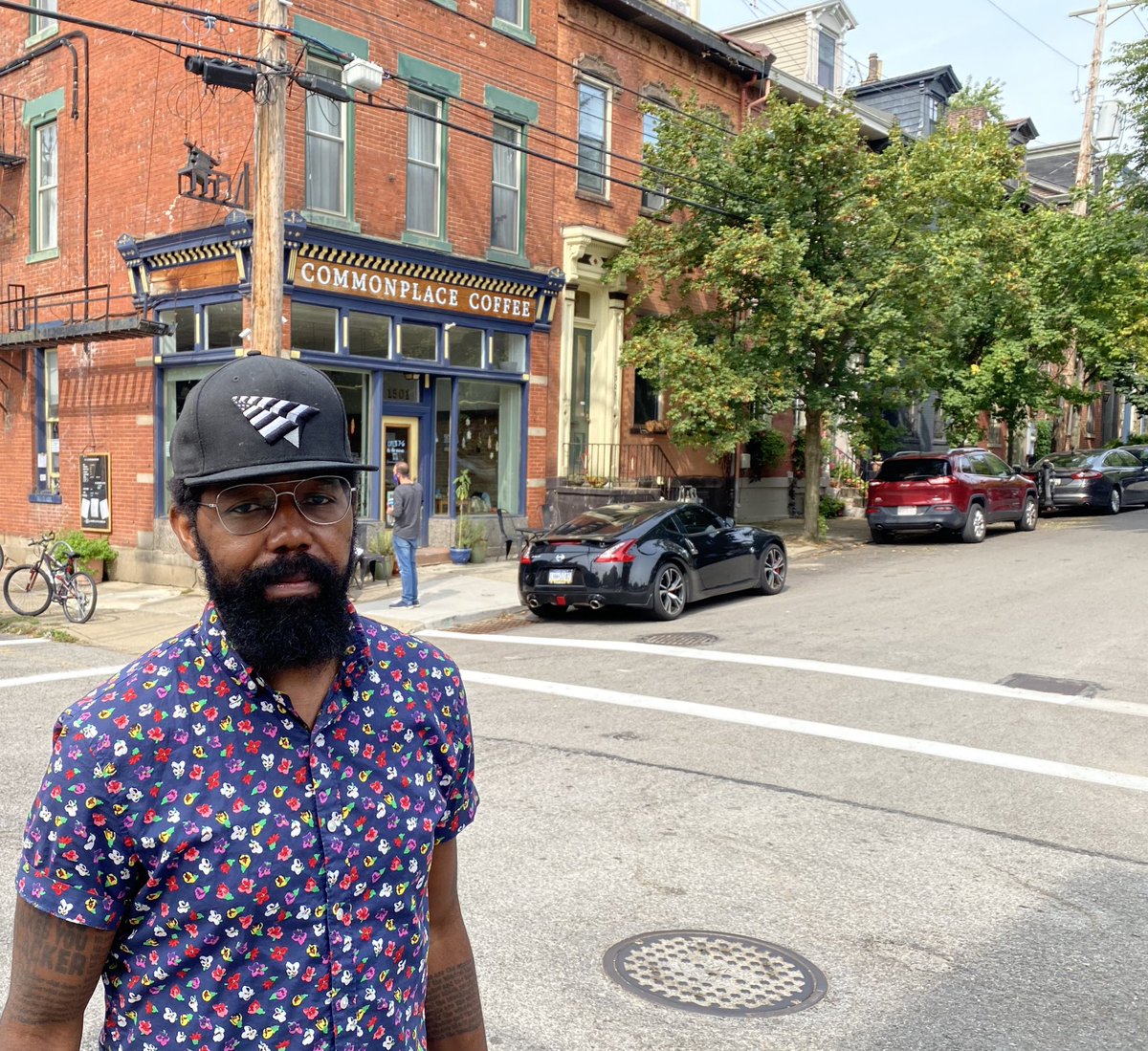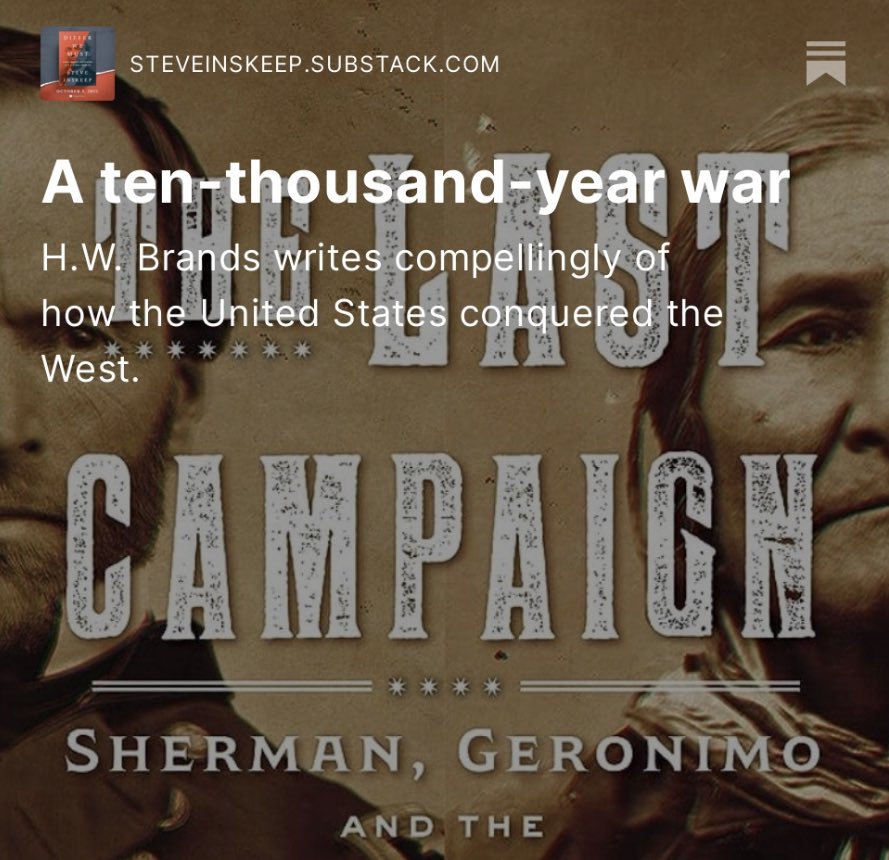In an election where so much debate centers on race, what are Black voters thinking? We listen in neighborhoods around Pittsburgh, PA: @MorningEdition @NPR npr.org/2020/09/24/915…
Writer Damon Young: “We talk about how black women, black voters, Latino voters will decide this election. No... If [Trump] wins again, it’s not because we didn’t come out. It’s because white people... ignored four years of evidence [of] Trump being an unrepentant racist.” 

In Braddock, PA, an industrial suburb, a business window has a poster with the image of Antwon Rose, shot by police. Directly across the street is a building with Trump-Pence signs and a sign in support of police. 





The full story, with images from @nsmallwoodphoto: npr.org/2020/09/24/915…
• • •
Missing some Tweet in this thread? You can try to
force a refresh


















